How to start Organic Farming at home ?
In today’s world, people are moving back to their roots, towards purity and health. The most powerful way to do this is by starting Organic Farming at home, whether you are a housewife, a working woman, a concerned citizen tired of pesticide-filled products, or a city dweller with no space in your home, just a balcony. This guide is for you. If you are a farmer looking forward to expanding, this blog will highlight how even small-scale organic farming at home can be profitable and healing.
Why Organic farming?
Before we learn how to start, let’s understand why so many people are choosing this path of doing organic farming at home today, moving towards an organic lifestyle.
1. Health Benefits
Organic Food is free from pesticides, additives, preservatives, and harmful chemicals. And these home-grown foods are more nutrient-rich, have a good aroma, and are very tasty, bringing all that heavenly purity back to your plate by starting Organic farming at home.
2. Financial Benefits
If you start growing or start doing Organic farming at home, initially it will feel a little expensive, but when you get used to it, it will start generating profit for you and will also keep you and your family fit. An increase in the decrease in medical bills.
3. Environmental Protection
By farming organically at home, you are not only helping yourself, but you are also helping the environment by increasing soil fertility, promoting biodiversity, and eliminating chemical use.

Why Organic farming?
Before we learn how to start, let’s understand why so many people are choosing this path of doing organic farming at home today, moving towards an organic lifestyle.
1. Health Benefits
Organic Food is free from pesticides, additives, preservatives, and harmful chemicals. And these home-grown foods are more nutrient-rich, have a good aroma, and are very tasty, bringing all that heavenly purity back to your plate by starting Organic farming at home.

4. Second Income
By doing Organic Farming at home, sometimes you will end up the day having excess vegetables, Herbs, and Fruits left with you, which can be sold online or offline with minimal cost, you can generate yourself a profitable side hustle, a second income source.
2. Financial Benefits
If you start growing or start doing Organic farming at home, initially it will feel a little expensive, but when you get used to it, it will start generating profit for you and will also keep you and your family fit. An increase in the decrease in medical bills.
3. Environmental Protection
By farming organically at home, you are not only helping yourself, but you are also helping the environment by increasing soil fertility, promoting biodiversity, and eliminating chemical use.
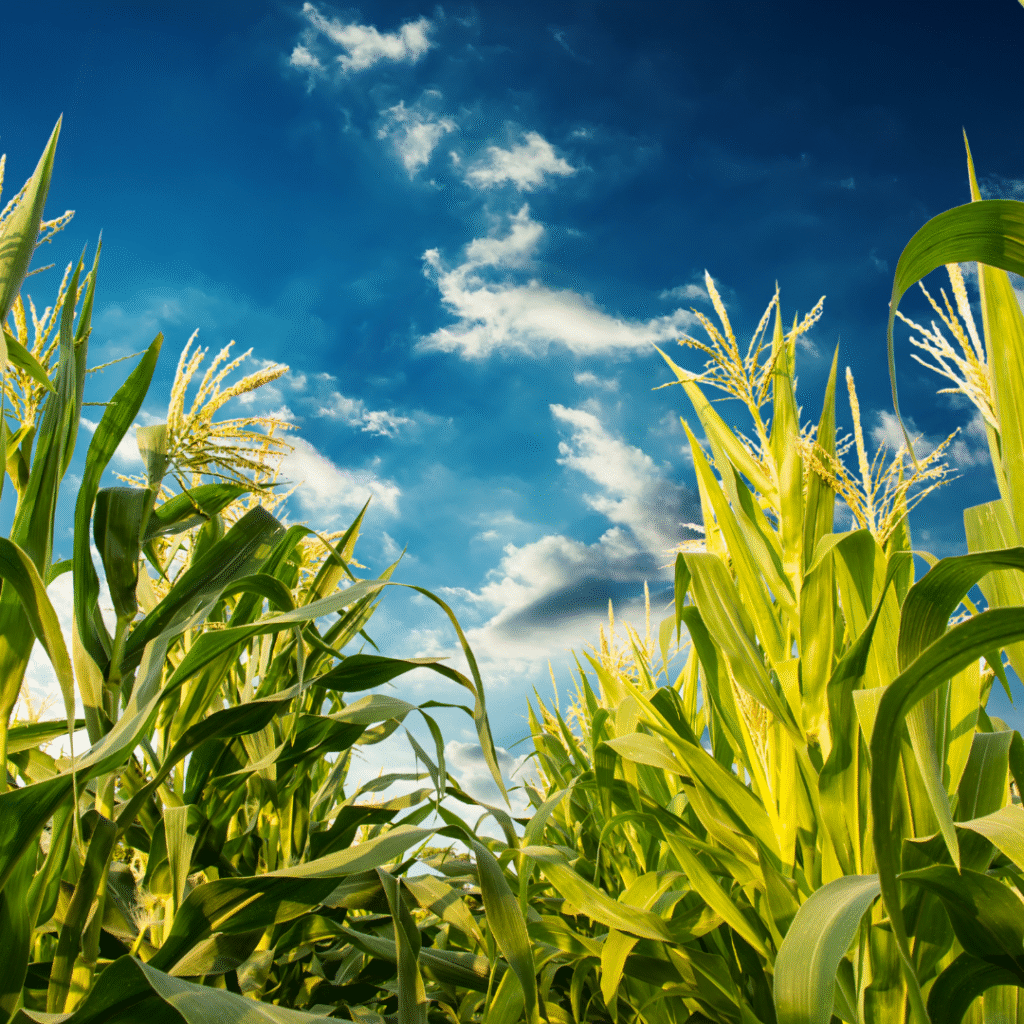
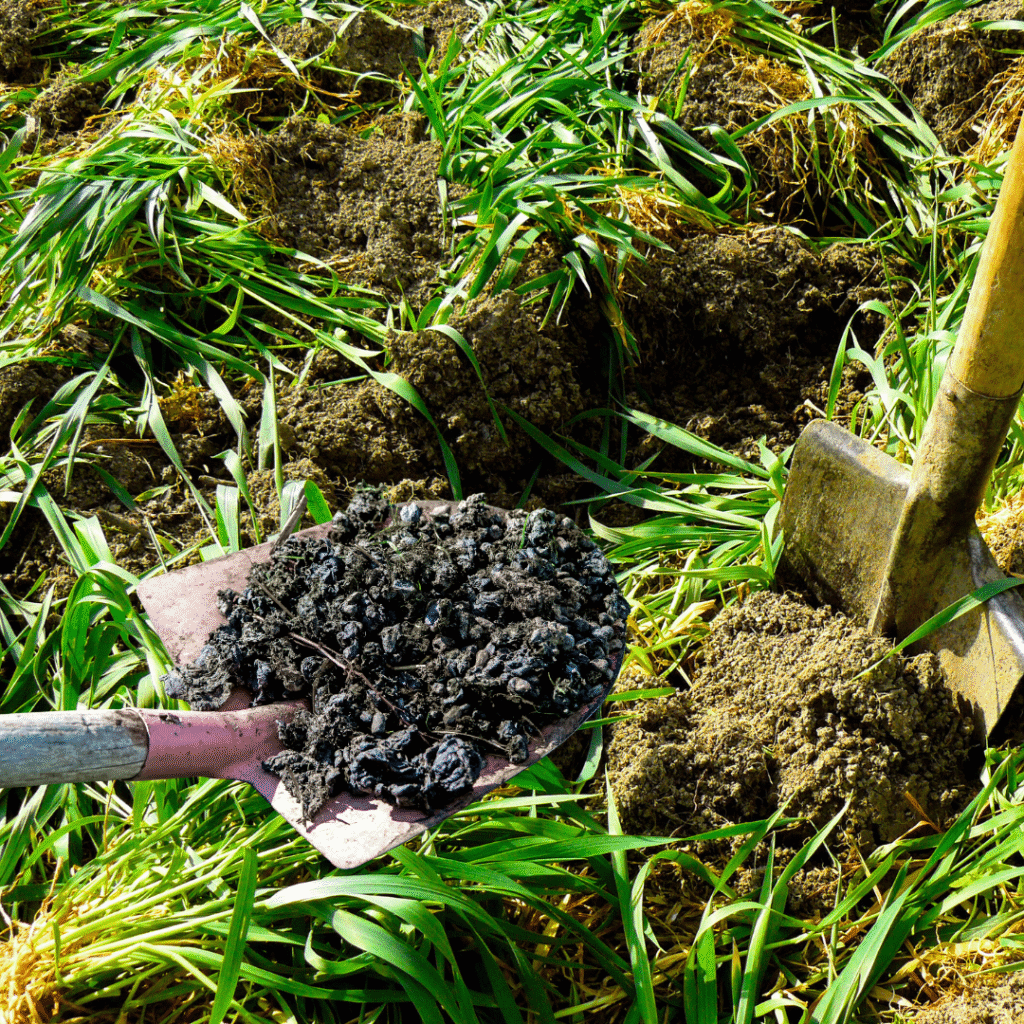
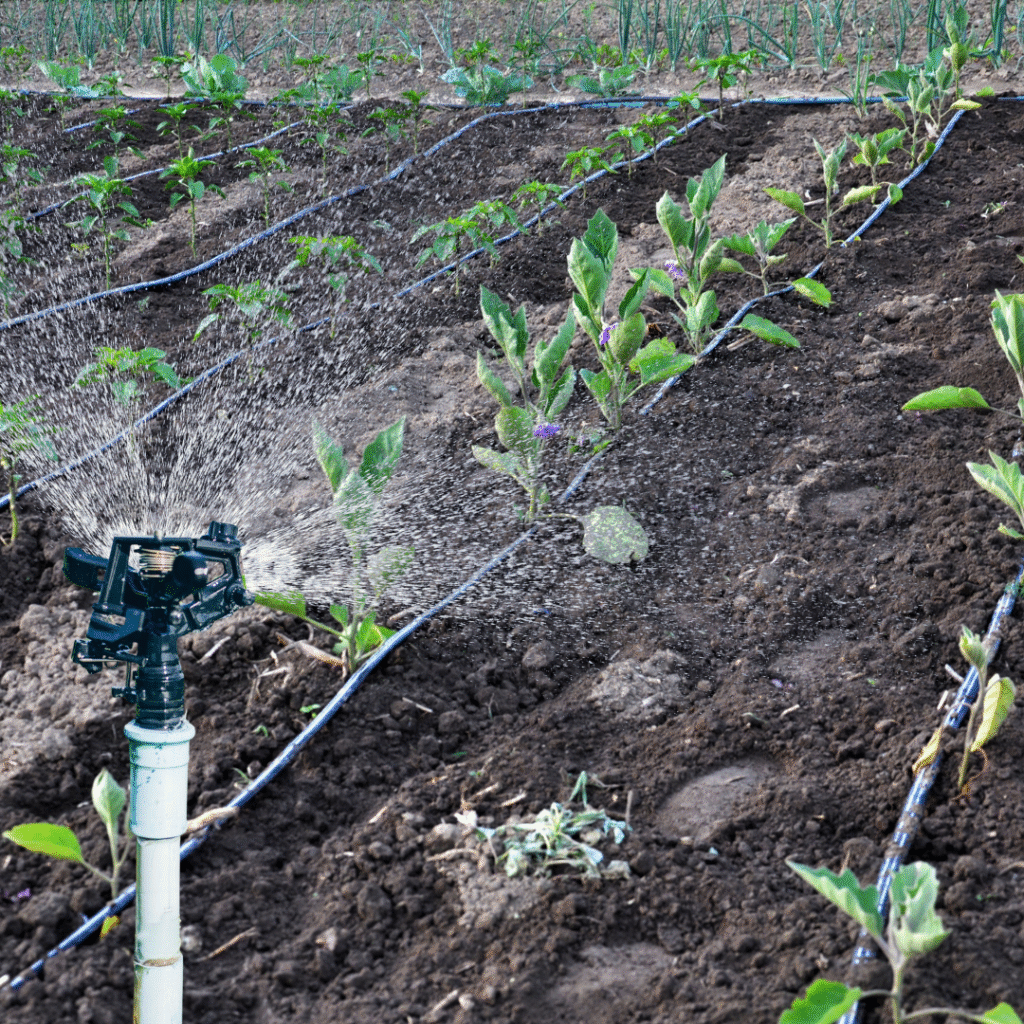









Steps to start Organic Farming at Home
1. Find the right Location:
To start Organic Farming at home, an area or a specific place is a must where there is sunlight; you don’t need acres of land for this, even a small space in your house, like a balcony, a terrace, or a backyard, can be turned into a green paradise.
- Indoor: Starting indoors, like on a balcony, is amazing. Use vertical planters, containers with drainage holes, and railing pots.
- Terrace: Very Great for container gardening and raised beds, depending on your terrace size.
- Backyard: If you are planning to start from your backyard, then using containers or pots is useless; utilize direct soil for planting to keep the plants nutrient-rich and attached to Mother Earth
( ENSURE 5 TO 6 HOURS OF DAILY SUNLIGHT FOR THE BEST GROWTH )
2. Choose the right crop to grow:
Growing crops that take time to mature is beneficial, but when starting Organic Farming at home, consider those that are easy to grow and have a faster yield.
- Leafy Greens: Grow plants like Fenugreek (Methi), Spinach (palak), Lettuce (Salad), and Mustard Greens (Sarso ka Saag) because they are easy to grow and require low maintenance.
- Herbs: Organic Farming at home can be started with Certain herbs, such as Tulsi, Mint, Coriander, and Basil, which offer numerous benefits and can be easily grown indoors with proper care.
- Vegetables: Many people want to grow vegetables at home, but they do not do so because they think vegetables require a lot of land to grow. Vegetables like tomatoes, chillies, beans, and okra can be grown at home naturally and easily.
(CHOOSE NATIVE CROPS WHICH ARE SUITABLE ACCORDING TO YOUR CLIMATE FOR LOW MAINTENANCE AND EASY YIELD)
(IF YOU ARE A BEGINNER AND WANT TO DO ORGANIC FARMING AT HOME, START WITH LEAFY GREEN PLANTS)
3. Prepare Organic Soil:
Soil for Organic Plants is as important as oxygen for human beings. Soil is the soul of Organic Farming, so creating your own nutrient-rich organic compost while doing Organic Farming at home is very necessary. You can prepare the organic soil by mixing your Garden soil with Cow dung and adding some Kitchen compost and Cocopeat( Nareyal ka Burada )
Add natural fertilizers like Neem cake( Neem Khalli ), Banana Peels for improving the soil fertility and the soil health.
(AVOID CHEMICAL UREA EVEN IF IT IS TEMPTING FOR FASTER GROWTH, IT WILL DESTROY YOUR ORGANIC SOIL)
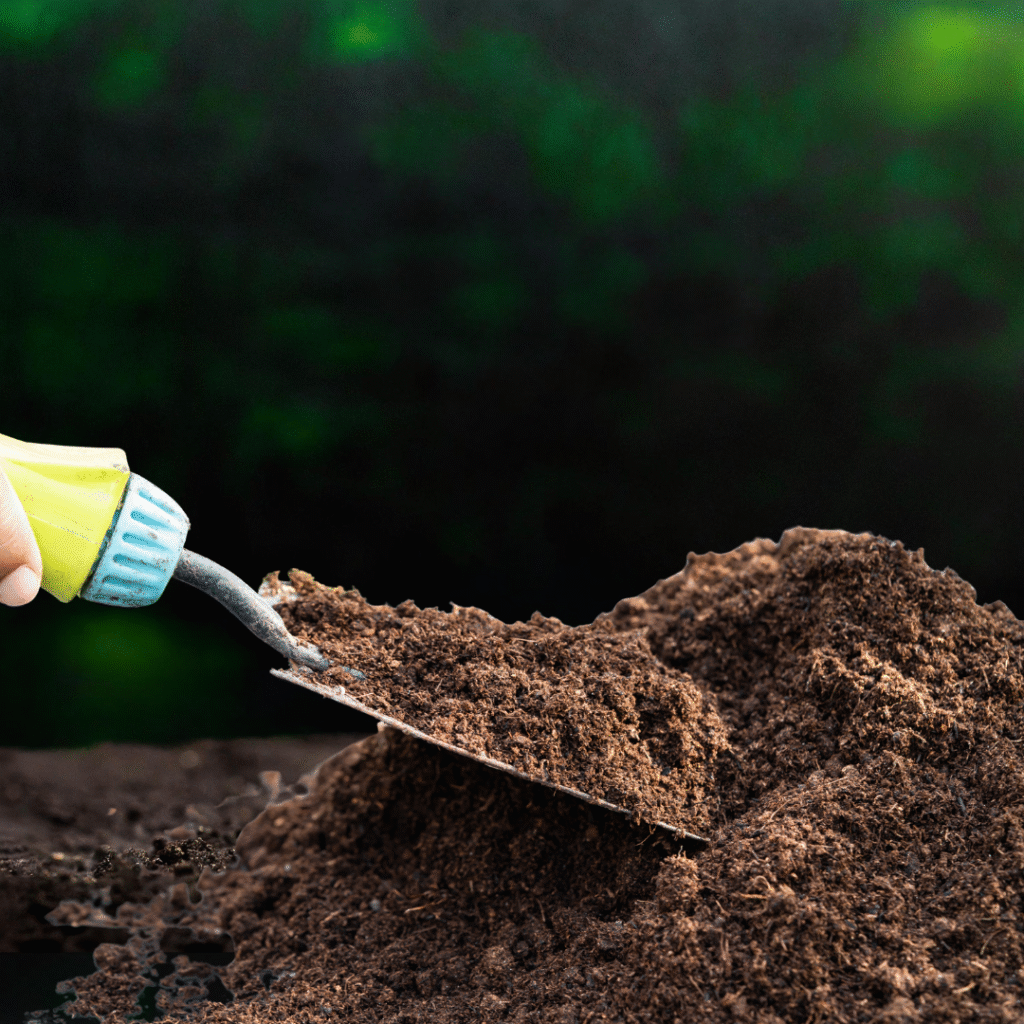
4. Composting System:
If you want a green organic Garden to be in your home, then you have to start gathering the Garbage. Wait, I am not asking to collect the garbage, I am asking to collect those things that you consider garbage, which is the most valuable thing; instead of throwing that kitchen waste, use it as gold.
To start Organic Farming at home, you should start composting. You can create a compost bin or use a simple bucket. Add fruit peels, vegetable scraps, and dried leaves to your container, but avoid including oily foods, dairy products, and especially meat products. After about 20 to 30 days, you will have rich, dark compost that has an earthy smell—this is your homemade fertilizer!
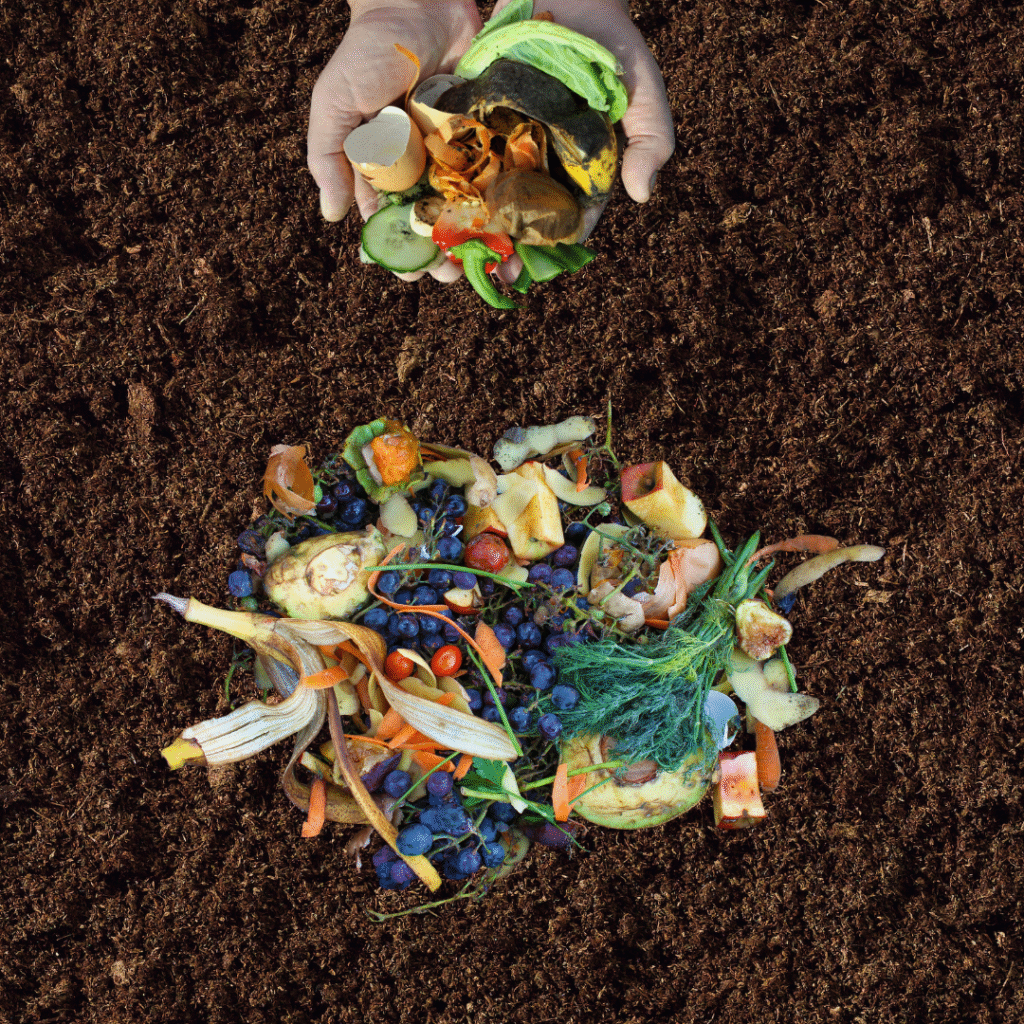
5. Use Natural Pest control:
Pests are a common but not normal problem for both organic farming at home and for organic farming at a large scale. According to the WHO, some of the older pesticides can remain for years in soil and water, but instead of using pesticides and harmful chemicals, use organic ways to remove pests, which will also not harm your crops
- Use Neem Oil Spray to keep aphids and mites away.
- Use Soap Solution, which will act as a gentle insecticide on your crops.
- Plant some Garlic plants or Marigold plants; they are natural repellents that keep pests away.
(EVERY KIND OF PEST HAS AN ORGANIC WAY TO DEAL WITH)

6. Watering and Maintenance
Overwatering the crops is a major mistake; it will make your soil nutrient-deficient due to a lack of oxygen in the soil, and roots may also start to rot. To overcome this, you can use several irrigation systems or methods.
- Use Drip Irrigation for efficiency, Water Conservation, and reduced cost
- Mulching( to retain moisture and prevent weeds )
( START OBSERVING YOUR PLANTS. GROWING CROPS DAILY IS NOT THAT EASY; IT REQUIRES DEDICATION AND LOVE TOWARDS NATURE )




